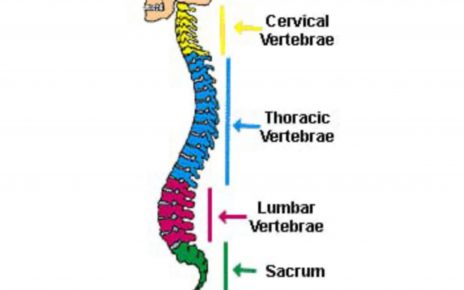
Ranchi, 18 Nov. 2012 :: The Aztecs called it “the plum thing with a navel” (“xitomatl”), the Germans called it “the apple of paradise”, the French called it “the apple of love” and the scientific name for this “fruit” is lycopersicon lycopersicum (meaning “wolf peach”). But we all know it as “Tomato”.
Tomato, which is actually a fruit, is widely used as a vegetable  throughout the world. Tomato is considered as a ‘super food’ as it is packed with lots of desirable nutrients including carotene, vitamin C, and anthocyanin. In fact, tomato is a treasure source for lycopene, one of the most powerful antioxidants.
throughout the world. Tomato is considered as a ‘super food’ as it is packed with lots of desirable nutrients including carotene, vitamin C, and anthocyanin. In fact, tomato is a treasure source for lycopene, one of the most powerful antioxidants.
Consumption of tomato, taken raw (as a puree or in salads) or cooked (as a sauce), has been shown to provide protection against cancer, reduces urinary tract symptoms, and protects skin against harmful UV rays. There is also indication that tomato consumption might reduce the cardiovascular risk associated with type 2 diabetes.
Now, recent research performed by a group of researchers in the laboratory of Dr. Alan Fogelman at the University of California at Los Angeles, USA, showed for the first time that consumption of a genetically engineered tomato reduced plaque build-up in the arteries (atherosclerosis) of animals.
Results of this research work were presented in the Scientific Sessions of the recently concluded American Heart Association Annual Meeting (November, 2012) held at Los Angeles.
In this study, the tomato plant was genetically modified to produce a peptide (a string of amino acids), known as peptide 6F, that mimicked the actions of a protein found in the high density lipoprotein (HDL – also known as good cholesterol).
These researchers were able to effectively create tomatoes producing biologically active peptide 6F. They then freeze-dried these tomatoes and used the freeze-dried powder to feed mice that did not have the ability to remove low-density lipoprotein (LDL – also known as “bad cholesterol”) from their blood. These mice, when fed with Western-style high-fat, high calorie diet, readily develop inflammation and atherosclerosis. Researchers found that mice that were fed powders of these genetically modified tomatoes along with the high-fat diet had significantly higher levels of good cholesterol in their blood, developed less inflammation and had reduced levels of atherosclerotic plaques.
If these results also hold true in humans, then in the near future doctors might “prescribe” this genetically modified tomato, instead of any cholesterol-lowering drug manufactured by pharmaceutical companies, for treating high blood cholesterol levels in patients.
This will be the first “drug” that will be ‘grown’ in the fields rather than ‘manufactured’ in a factory.
Dr. Hemanta K. Sarkar
Education – Ph.D. (Biochemistry)
Profession & Working Place – Knowledge-Based Service Provider (Biotech Consultant & Science Editor/Writer); work from home.




